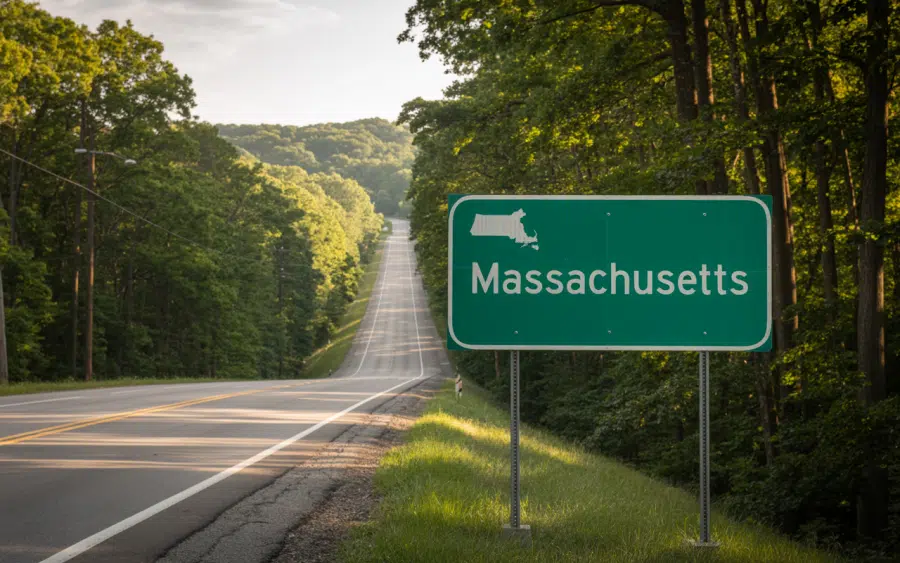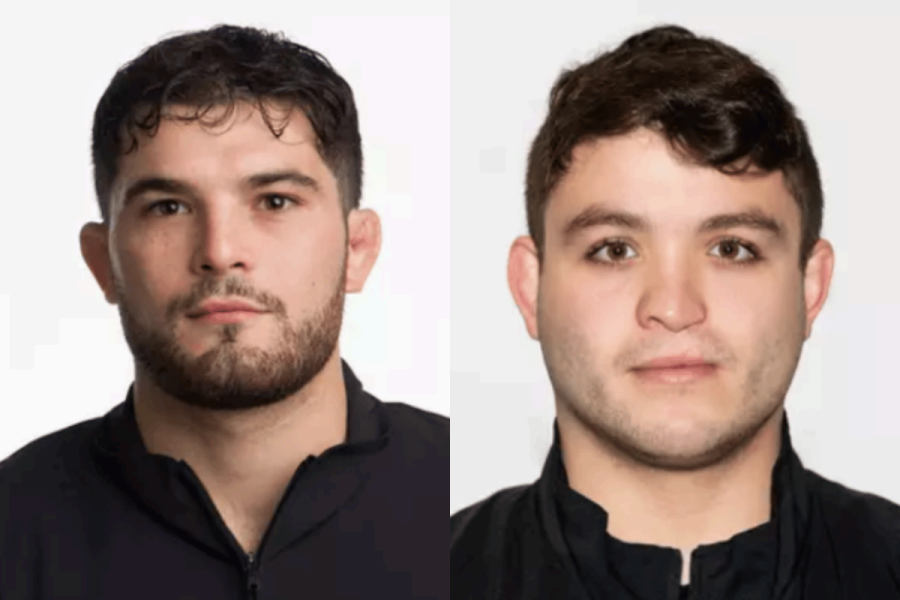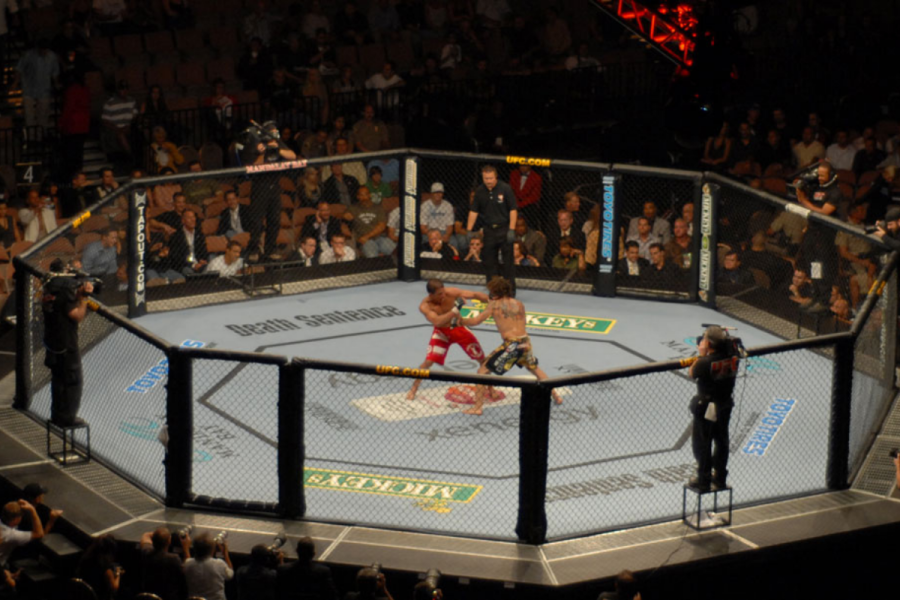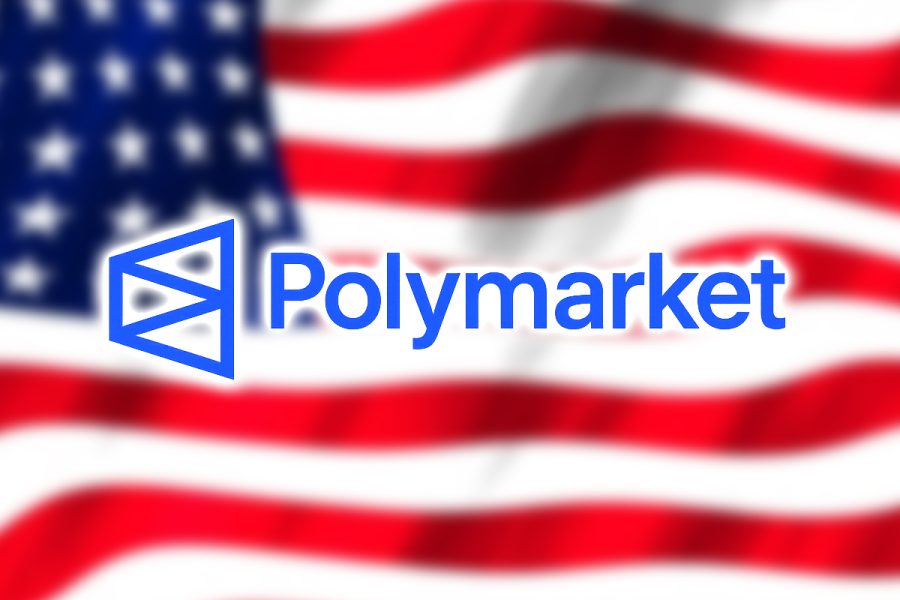A stark warning has been issued to sports betting operators in Massachusetts, signaling a firm stance against the rising trend of prediction markets. The Massachusetts Gaming Commission delivered a direct message to all licensed operators, cautioning them against any involvement with these controversial platforms as it simultaneously battles a legal challenge from Kalshi.
The Commission’s letter, dated November 13th, makes it unequivocally clear: offering sports-related event contracts within the state is strictly prohibited. This ban extends not only to direct offerings but also to any partnerships, affiliations, or associations that facilitate access to these markets for Massachusetts residents.
Massachusetts defines “sports wagering” broadly, encompassing professional and collegiate sports, motor races, esports, and any other event specifically authorized by the Commission. This expansive definition underscores the intent to protect the regulated sports betting landscape from the encroachment of prediction markets.
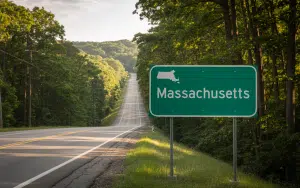
This action follows a similar crackdown in Nevada, where key licenses were revoked from industry giants DraftKings and Flutter Entertainment. Illinois recently reinforced its own opposition, warning licensees that venturing into prediction markets could jeopardize their operational suitability within the state.
The debate surrounding prediction markets is intensifying across the nation. Despite the growing popularity of platforms like Polymarket and Kalshi, regulators are increasingly concerned about their potential to undermine established betting regulations and consumer protections.
Ironically, even as states issue warnings, some major players are forging ahead. The UFC recently announced a multi-year partnership with Polymarket, designating it as the official prediction market partner. Simultaneously, FanDuel unveiled plans to launch “FanDuel Predicts,” a new app designed to enter the prediction market space.
The Massachusetts Gaming Commission’s message is blunt and carries significant weight. Operators who defy the prohibition risk severe consequences, including the potential revocation of their licenses. Furthermore, any regulatory action taken against a licensee in another jurisdiction due to prediction market involvement will be carefully considered in Massachusetts.
The Commission’s letter serves as a clear ‘notice’ – a line has been drawn. The future of prediction markets in Massachusetts, and potentially beyond, hangs in the balance as regulators grapple with the evolving landscape of sports wagering and the allure of these alternative platforms.
